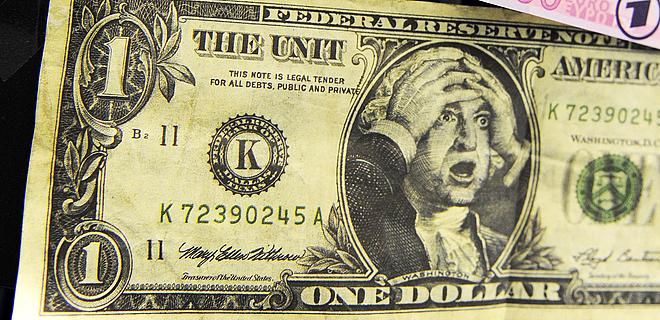
Financial Economics is a specialty within the broader field of Economics.
One of the fundamental aspects of economic activity is a trade in which one party provides another party something, in return for which the second party provides the first something else.
In many such trades, or transactions, one or both parties are human beings.
If Mr. A gives Mr. B a fish and Mr. B gives Mr. A two bananas, it is a trade between two people.
In other cases, only one is a human being. If a fisherman throws a fish back in the water to get more fish a year later, it is a trade between a person and nature.
The first type of trade is called an exchange, while the second is called production.
Economists generally concern themselves with exchanges in which one of the items traded is money. The use of money greatly simplifies trading, thus lowering transaction costs.
Traditional economics focuses on exchanges in which money is one, but only one, of the items traded.
Financial economics concentrates on exchanges in which money of one type or another is likely to appear on both sides of a trade.
In an economy with only one form of money, there would be no role for financial economics were it not for time and uncertainty. However, both of these aspects are crucial elements in the lives of individuals.
Many decisions involve trading money now for money in the future. Such trades fall in the domain of financial economics.
In many such cases, the amount of money to be transferred in the future is uncertain.
Financial economists thus deal with both time and uncertainty. Often the latter is called risk.
In many situations, agreements allow one party to make decisions at later times that can affect subsequent transfers of money. Thus, financial economists deal with contracts involving options.
Information can reduce the uncertainty associated with future outcomes.
Thus, financial economists study the impact of information on trades involving money.
In sum, financial economists can be distinguished from more traditional ones by their concentration on monetary activities in which time, uncertainty, options and information play decisive roles.
Text in part by Professor William F. Sharpe
Stanford Graduate School of Business










